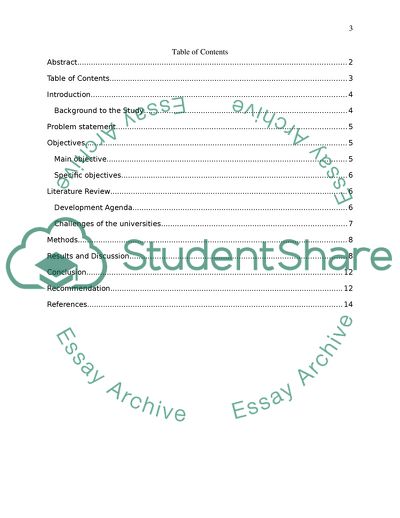Cite this document
(The development dynamics of ghanian universities in the context of Research Paper, n.d.)
The development dynamics of ghanian universities in the context of Research Paper. https://studentshare.org/finance-accounting/1807459-the-development-dynamics-of-ghanian-universities-in-the-context-of-effective-financial-management
The development dynamics of ghanian universities in the context of Research Paper. https://studentshare.org/finance-accounting/1807459-the-development-dynamics-of-ghanian-universities-in-the-context-of-effective-financial-management
(The Development Dynamics of Ghanian Universities in the Context of Research Paper)
The Development Dynamics of Ghanian Universities in the Context of Research Paper. https://studentshare.org/finance-accounting/1807459-the-development-dynamics-of-ghanian-universities-in-the-context-of-effective-financial-management.
The Development Dynamics of Ghanian Universities in the Context of Research Paper. https://studentshare.org/finance-accounting/1807459-the-development-dynamics-of-ghanian-universities-in-the-context-of-effective-financial-management.
“The Development Dynamics of Ghanian Universities in the Context of Research Paper”. https://studentshare.org/finance-accounting/1807459-the-development-dynamics-of-ghanian-universities-in-the-context-of-effective-financial-management.


